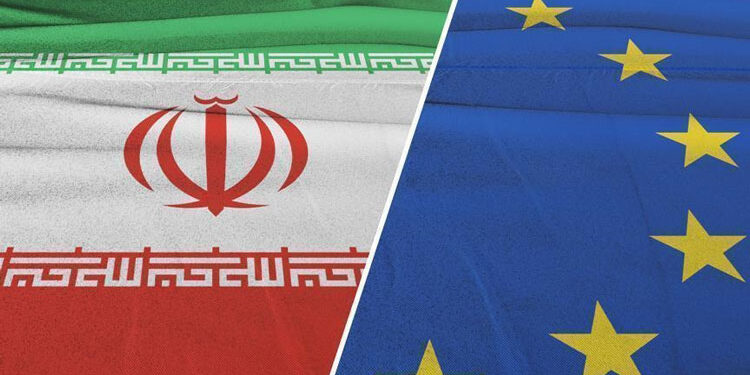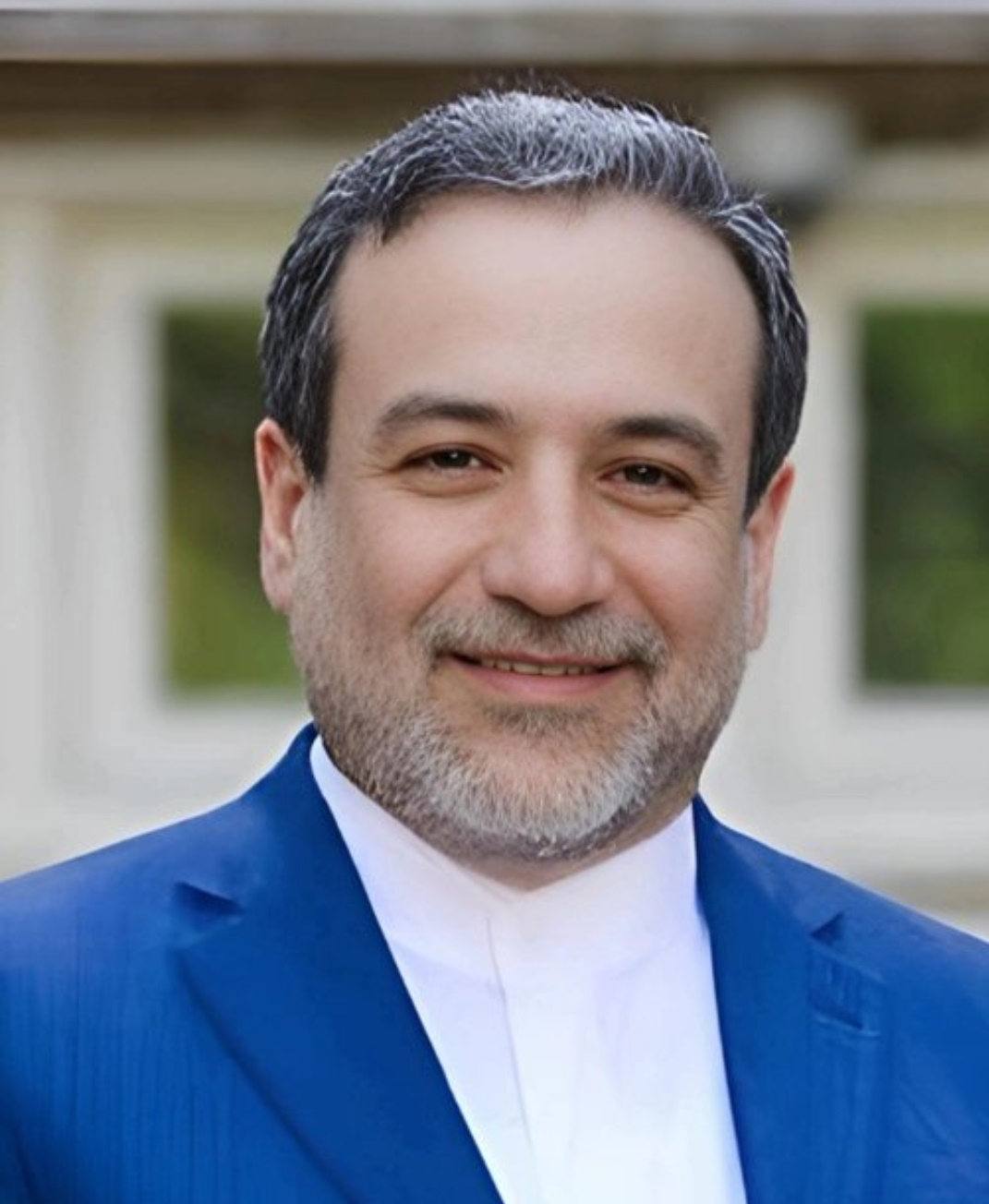Seyed Abbas Araghchi
Seyed Abbas Araghchi, Minister of Foreign Affairs of the Islamic Republic of Iran.
A century after Britain and France drew the modern borders of West Asia, Europe finds itself increasingly absent from the region’s diplomatic future. In critical discussions—including the ongoing indirect negotiations between Iran and the United States—European diplomats are rarely more than passive observers. The colonial past is behind us, but Europe’s current inertia, a of its own strategic choices, is harming all sides.
When former U.S. President Donald Trump unilaterally withdrew from the 2015 Joint Comprehensive Plan of Action (JCPOA)—a nuclear agreement signed by Iran and six world powers including Britain, France, and Germany—the moment called for European resolve. Then-French finance minister Bruno Le Maire declared that Europe would not be a “vassal” of Washington. Yet in practice, the EU3 (Britain, France, and Germany) failed to deliver. Promised economic benefits under the JCPOA never materialized, as European firms opted to comply with U.S. sanctions rather than uphold their governments’ commitments.
Today, the same pattern of strategic indecision plays out closer to home, where Washington engages Moscow with little regard for European capitals. Nowhere is this more visible than in the EU3’s recent approach to the JCPOA’s “snapback” mechanism—once designed as a last-resort dispute tool, now wielded as diplomatic leverage. Such brinkmanship risks triggering a global non-proliferation crisis that would most acutely affect the Europeans themselves.
Iran has made its position clear. We have formally warned all JCPOA signatories that abuse of the snapback mechanism will be met with consequences—not only ending Europe’s role in the deal, but potentially escalating tensions beyond repair.
The EU3 must ask itself how it arrived at this dead end. Under the previous U.S. administration, the EU3 acted as key intermediaries between Tehran and Washington, and Iran engaged constructively. But when political will faltered in Washington, the Europeans gradually abandoned the effort. Instead of recalibrating, the EU3 adopted a confrontational posture—citing human rights, or Iran’s lawful ties with Russia—as pretexts to distance themselves diplomatically. The result: today, Iran is more sanctioned than entities officially labelled terrorists by the United Nations Security Council.
This approach has not only damaged state-level relations but also had real humanitarian consequences. For example, last year’s EU ban on Iran’s national airline—based on missile export allegations later denied by senior Ukrainian officials—severely limited access to life-saving medicines, including cáncer treatments.
The contrast with earlier periods is stark. In 2003, after a devastating earthquake struck Bam, France quickly deployed a field hospital. But when a massive fire engulfed the Iranian port of Bandar Abbas in April—threatening economic disruption across Central Asia and the Caucasus—only Russia offered immediate assistance. The EU’s condolences came more than a week later, well after the crisis had been contained.
This frayed relationship unfolds as the world watches the twin catastrophes of Gaza and Ukraine expose the West’s double standards. Iranians, like others, see the selective outrage and ask: where is the consistency?
Yet despite tensions, the history between Iran and Europe remains rich. Cultural, academic, and economic ties—spanning energy, technology, the automotive sector, and environmental cooperation—have long proven fruitful. In diplomacy, European engagement has led to meaningful collaboration on issues ranging from Afghanistan to the Eastern Mediterranean.
Mindful of this history, I have extended multiple invitations to restart meaningful dialogue. At the United Nations General Assembly in New York last autumn, I proposed cooperation—not just on the nuclear file, but across all areas of mutual concern, including Ukraine. Those overtures were met with silence. Still, I remain committed to diplomacy.
Following recent consultations in Russia and China, I have expressed my readiness to visit Paris, Berlin, and London to begin a new chapter. This initiative has led to preliminary discussions at the deputy foreign minister level—a fragile but promising beginning. But time is running out. How we respond at this pivotal moment will define the future of Iran-Europe relations far more profoundly than many may anticipate. Iran stands ready to turn the page. We hope our European partners are, too.








